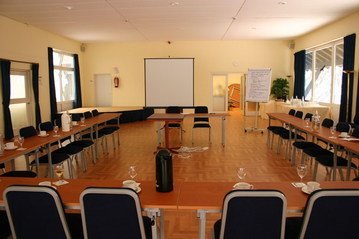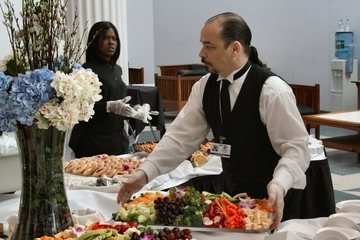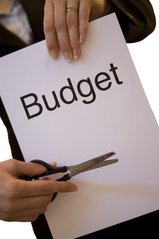Planning a conference is not really an easy feat, from logistics to keynotes, it can be hard to make sure that all bases are covered. In order to try and help make your big task a little bit easier, we have compiled some helpful tips when planning an event or conference:

- Realistic budgeting; creating a realistic budget is an excellent start to a successful event. Trying to cut costs that you feel or know won’t be feasible may look great on paper and tell a great story to your boss and/ or finance department, but will undoubtedly reflect poorly if and when you have to ask for more money or go over budget. Be realistic in your budget, leaving contingency and back up funds and justifying each expense to those who need to know.
- A strong team; find a diverse but strong group that can work well together in helping you plan your event. This may seem basic and obvious, but just because you put 6 great event planners in a room does not mean they will work well together. Ideally, find a team that has worked together before or get everyone acquainted with lots of time to get to know each other. Planning events are stressful, so it is essential that the team understand and support each other, even in tough times.
- Contingency plans; not only do you need contingency funds but have plans in the case that the “what ifs” or “worst case” becomes reality. This will help with a seamless event and will help you stay calm and proactive
- The space; make sure that you understand and know your audience and tailor the area to not only the event, but the people coming. If you choose a venue that is cost effective but may not check all the boxes, you can try quick fixes like the ikea karlstad sofa cover to instantly change the look of things in the space that you do not like. In addition, be sure to organise the area in a way that makes sense. For example, if you have a speaker, you need a stage that is visible from every table or vantage point, whereas If you have a networking event, you will need a lot of space for people to move and to maintain a level of personal space.
- Know your audience; by this, we don’t just mean to make sure you invite some important people, but we also suggest you know their needs and wants. If there are allergies, you will need to let the caterer know. If there are disabilities or physical restrictions, you will need to ensure the venue is accessible and everyone is able to enter and use the facilities.


